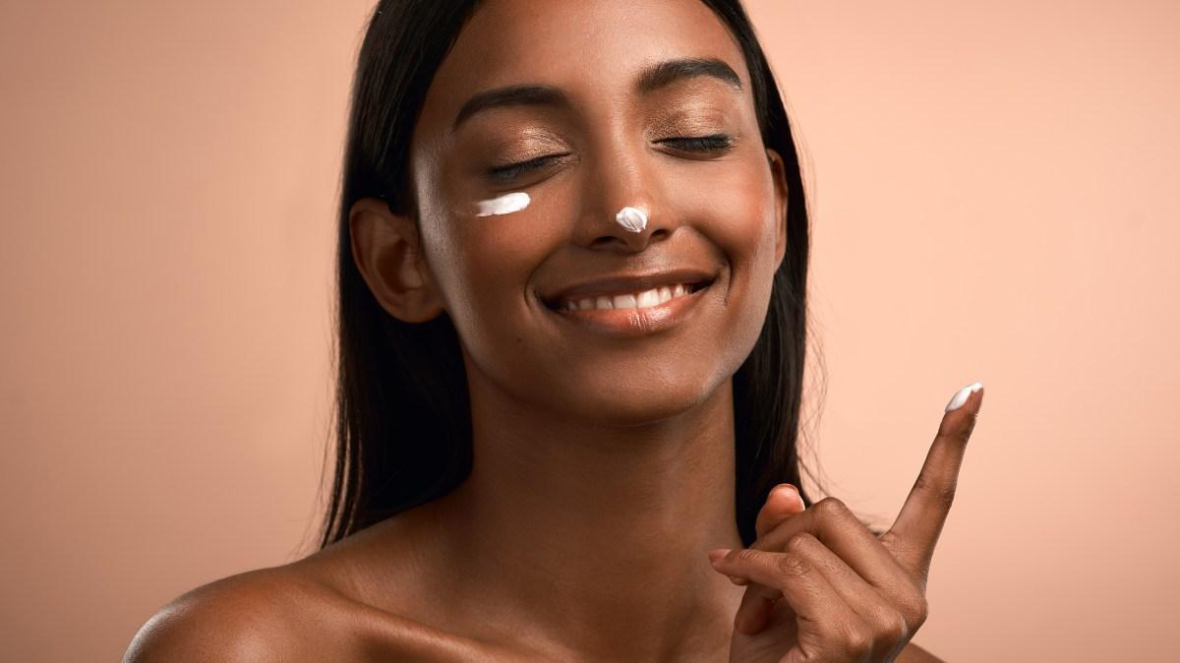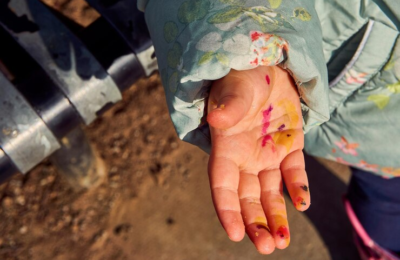In the constantly changing world of cosmetics, botanicals have taken center stage, especially in the field of anti-aging treatments. An appreciable increase has been observed in the incorporation of botanical substances as customers look for more natural and sustainable solutions. This article examines the current trends influencing the use of botanicals in anti-aging cosmetics while also examining historical viewpoints, the emergence of certain botanicals, difficulties, and the future.
I. Introduction
A. Definition of Botanicals
in Cosmetics
Plant-based botanicals have long been used for their medicinal qualities. These all-natural components present a viable way to make cosmetics that address aging issues in addition to improving appearance.
B. The Growing Popularity
of Anti-Aging Products
The need for efficient anti-aging technologies has increased dramatically as a result of a shift in demographics toward an older population. Customers are actively looking for items that support their taste for natural, plant-based solutions while simultaneously combating the indications of age.
Also Read – Fruit Powders
II. Historical PerspectiveA. Traditional Use of
Botanicals for Skincare
Botanicals have always been essential to skincare regimens. Plant extracts were used for their medicinal qualities by ancient cultures, who understood the power of nature to keep skin looking young.
B. Evolution of Anti-Aging
Practices
Beauty standards change with society norms. Natural components have replaced synthetic ones in anti-aging products, with botanicals now playing a major role in the pursuit of ageless beauty.
III. The Rise of
Botanicals in Anti-Aging Cosmetics
A. Consumer Shift Towards
Natural Products
Consumers nowadays are becoming more aware of the items they use, which is driving a trend toward natural and organic options. The cosmetics industry has been compelled by this paradigm change to include botanicals in anti-aging products.
B. Benefits of Botanical
Ingredients
Numerous advantages of botanicals include their anti-inflammatory, hydrating, and antioxidant qualities. These organic substances support general skin health in addition to reducing the appearance of age indicators.
IV. Notable Botanicals in
Anti-Aging Formulations
A. Retinol from Rosehip
Extract
Natural retinol-rich rosehip extract is becoming more and more popular in anti-aging products. It is a sought-after plant in beauty products because of its capacity to decrease wrinkles and increase the formation of collagen.
B. Green Tea Extract for
Skin Rejuvenation
Green tea extract, known for its antioxidant properties, has
found its way into anti-aging skincare. Its anti-inflammatory and soothing
effects contribute to skin rejuvenation and protection against environmental
stressors.
V. Challenges and
Opportunities
A. Sustainability Concerns
in Botanical Sourcing
Sustainable sourcing is challenged by the growing demand for botanicals. It is imperative for the future of the industry to strike a balance between the widespread use of these components and morally and environmentally sound business operations.
B. Innovation in Botanical
Research
The challenges bring forth opportunities for innovation. Ongoing
research in botanical science aims to discover new compounds and formulations,
opening doors to novel anti-aging solutions.
VI. The Science Behind
Botanical Efficacy
A. Antioxidant Properties
Botanicals are well known for their anti-oxidant qualities, which counteract the aging effects of free radicals. Knowing the science underlying these qualities enables customers to choose their skincare products wisely.
B. Collagen-Boosting
Abilities
As we age, collagen, a crucial protein for skin suppleness, starts to decrease. Certain botanicals have been shown to increase the production of collagen, providing a non-invasive method of treating wrinkles and sagging skin.
VII. Incorporating
Botanicals in Daily Skincare Routine
A. DIY Anti-Aging Masks
with Botanicals
Botanical-infused DIY masks that involve customers in beauty regimens offer a spa-like experience at home. These masks add a customized touch to anti-aging regimens, enhancing the pleasure of skincare.
B. Botanical-Infused Serums
and Creams
Botanical-infused DIY masks that involve customers in beauty regimens offer a spa-like experience at home. These masks add a customized touch to anti-aging regimens, enhancing the pleasure of skincare.
VIII. Botanicals and
Holistic Skincare
A. Holistic Approach to
Anti-Aging
Botanical-infused DIY masks that involve customers in beauty regimens offer a spa-like experience at home. These masks add a customized touch to anti-aging regimens, enhancing the pleasure of skincare.
B. Balancing Botanicals
Even while using botanicals has several advantages, it’s important to balance them with other skincare techniques. Comprehensive skincare is ensured by combining these natural substances with a regimen.
IX. Consumer Reviews and
Trends
A. Positive Experiences
with Botanical Anti-Aging Products
Consumer testimonials highlight positive experiences with
botanical anti-aging products. Real-world feedback contributes to the growing
trend of botanicals as effective and preferred ingredients.
B. Emerging Trends in
Botanical Skincare
The beauty industry continually evolves, and emerging trends
indicate sustained interest in botanical skincare. From rare plant extracts to
innovative formulations, the landscape is dynamic and ever-expanding.
X. The Future of
Botanicals in Anti-Aging
A. Advancements in
Botanical Research
Improvements in botanical research will probably result in the identification of novel substances and uses as scientific understanding grows.
B. Anticipated
Breakthroughs in Anti-Aging Cosmetics
Industry experts anticipate breakthroughs in anti-aging
cosmetics,







